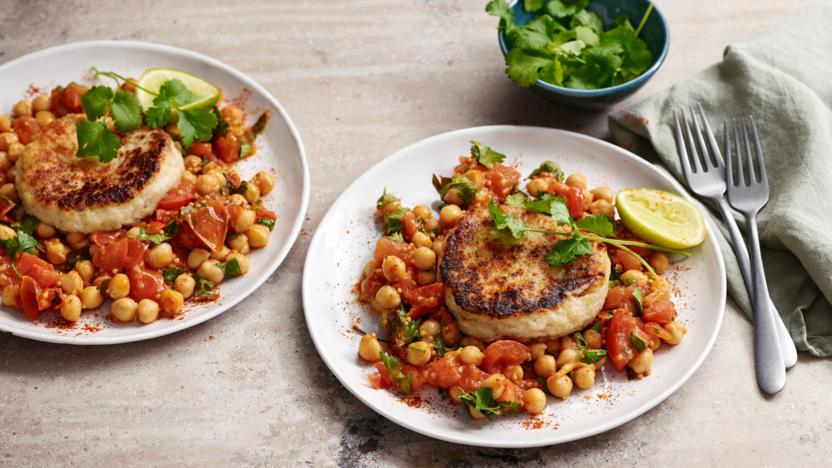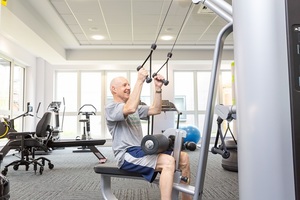 It was great to attend the Trust's Clinical Summit yesterday and meet so many people and put faces to names. Most of our services can be provided off-site either electronically or by us coming to your team which means we never actually meet in person many of our regular users . If you want us to help you please 'Book a Librarian'.
It was great to attend the Trust's Clinical Summit yesterday and meet so many people and put faces to names. Most of our services can be provided off-site either electronically or by us coming to your team which means we never actually meet in person many of our regular users . If you want us to help you please 'Book a Librarian'.The keynote speakers were excellent and I think my favourite quote of the day was from Michael West who said "the culture of an organisation is what we do...when no-one is looking". Various books and resources were mentioned during the day and we hope to be able to buy some of these to add to the library.
Things colourful...
The NHS Rainbow Badges are being launched on Thurs 3rd Oct for all staff in the SCH Trust. The web page will be live on the intranet for staff to sign up to pledge their commitment to positivity, inclusivity and support for all LGBT+ young people and their families who we see in the Trust. If you complete the brief online learning package you can submit your form and will receive a Rainbow badge to wear. Nearly 100 acute Trusts in England have already launched. There will be a Rainbow Theo flag flying from the roof of the hospital from Thursday.
Things to have a say about...
The NHS in South Yorkshire and Bassetlaw would like to hear your views about a health information website they are thinking of developing for pregnant women, parents with children, young people and their families. They understand how difficult it can be to get simple and trusted health and well-being information to support access to the right services. They recognise that health and well-being information is vast which can lead to inconsistent messages about health in pregnancy and children's health. This sometimes leads to being directed to services (like A&E) when they are not necessarily the best place to be seen and treated.
Things about Open Access...
As part of Open Access Week ScHARR will be showing the film 'Paywall - The Business of Scholarship' followed by an opportunity to ask any Open Access and publishing questions with Scholarly Communications Librarian Kate O'Neill. The film will start at about 12.10 and runs for 65 minutes in the University of Sheffield Pemberton Lecture Theatre B.
 'Paywall: The Business of Scholarship' is a documentary which focuses on the need for open access to research and science. The film questions the rationale behind the $25.2 billion a year that flows into for-profit academic publishers, examines the 35-40% profit margin associated with the top academic publisher, Elsevier, and looks at how that profit margin is often greater than some of the most profitable tech companies such as Apple, Facebook, and Google.
'Paywall: The Business of Scholarship' is a documentary which focuses on the need for open access to research and science. The film questions the rationale behind the $25.2 billion a year that flows into for-profit academic publishers, examines the 35-40% profit margin associated with the top academic publisher, Elsevier, and looks at how that profit margin is often greater than some of the most profitable tech companies such as Apple, Facebook, and Google.
Please feel free to take your own lunch. Sign up here SCH staff welcome to attend.
Things to attend...
Things to eat...
 Are you trying to eat less meat, or have you decided to be a vegitarian or vega? Whatever your viewpoint ther are some lovely vegetarian and vegan recipes around that everyone can enjoy. These potato cakes with a chick pea curry sound nice, using left over potatoes.
Are you trying to eat less meat, or have you decided to be a vegitarian or vega? Whatever your viewpoint ther are some lovely vegetarian and vegan recipes around that everyone can enjoy. These potato cakes with a chick pea curry sound nice, using left over potatoes.



















